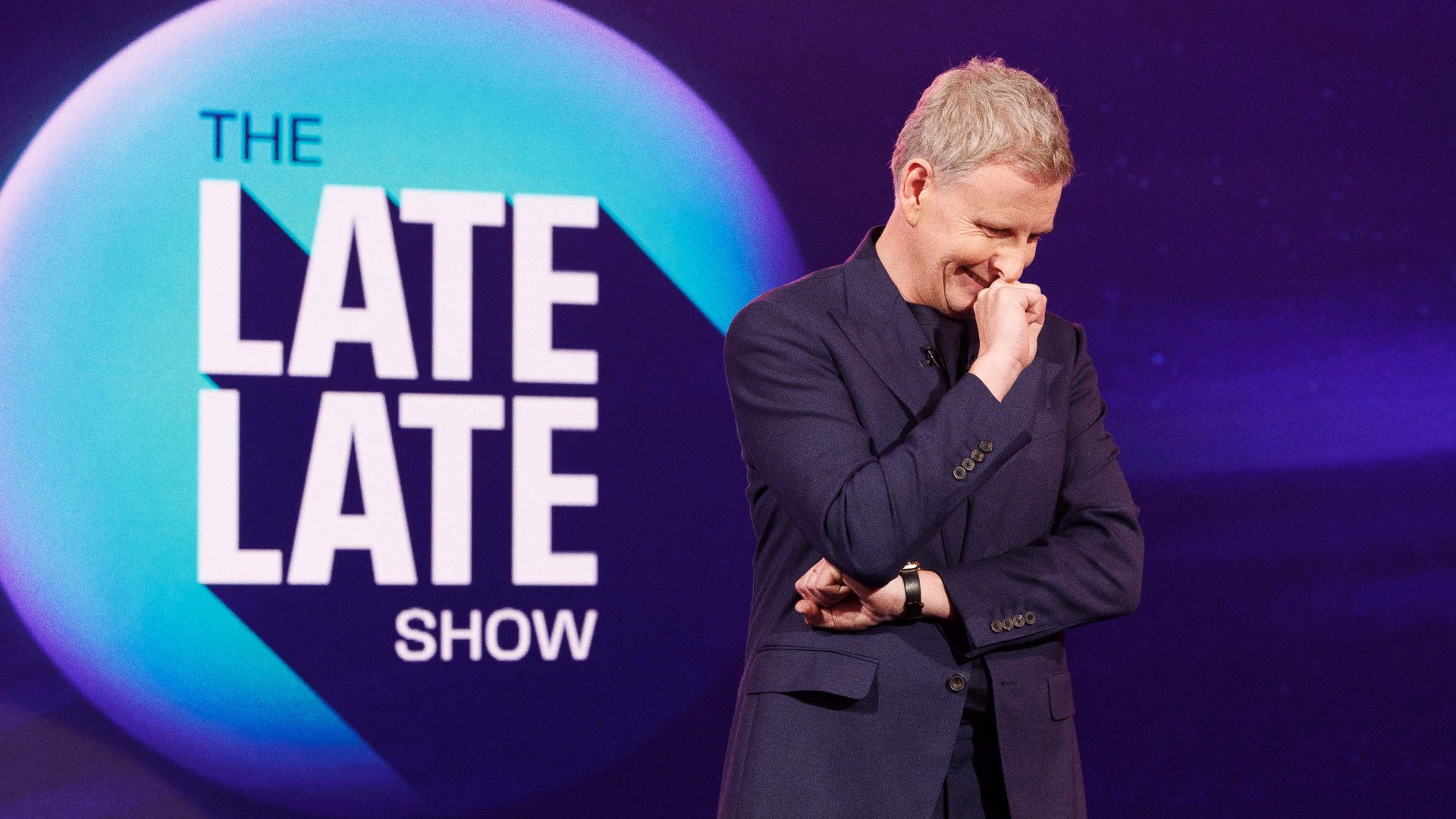Winston Churchill famously described how in April 1917, Lenin, “the most grisly of weapons”, was sent by Germany back to Russia to foment chaos, “transported in a sealed truck, like a plague bacillus”. In a similar way, Boris Johnson was transported in a red bus, touring disempowered parts of the UK, contaminating them with specious, populist, “cake-ite” boosterism.
Brexit became, almost overnight, the Conservative Party’s defining conviction – often it has seemed, its raison d’être. This was a violent deviation from the longstanding belief system of the Tory Party.
Almost from the moment that the idea was conceived of establishing formal structures to bring European nations closer together, developing common policies on key issues, the Conservative Party wanted the UK to be part of it. As Margaret Thatcher put it, the Tories had been “pursuing the European dream almost as long as we have existed as a party”.
When the original six member states signed the Treaty of Rome in 1957, establishing the European Economic Community and customs union, Harold Macmillan soon came to the view that Britain should join it too. It was his Tory government that submitted the formal application to join the EEC in 1961.
From then on, belief in “Europe” and the UK being at the heart of it was a key dividing line between the Tories and Labour, who were first opposed (under Gaitskell), then ambivalent (under Wilson), then opposed again (under Foot and Kinnock), before eventually, in the 1990s becoming enthusiastically positive.
Taking the UK into membership of the European Community was the principal (and arguably the only) major achievement of Edward Heath’s government. In the 1983 and 1987 general elections, when withdrawal from Europe was a central plank in Labour’s election manifesto, this was cited by Conservatives – not least Thatcher – as clear evidence of their unfitness to govern. The European single market was a British Conservative idea and its achievement was one of the central defining missions of the Thatcher government.
Scepticism about the trajectory of the EU and the costs of this to the UK grew in scale and volume throughout the period of the Major government and the New Labour years that followed it. But almost no one in the Tory Party ever ventured the view that the UK should contemplate leaving the EU.
In 2015, Cooper’s boss David Cameron called a referendum on Britain’s membership of the EU, having used this pledge to face down UKIP and win a surprise overall majority at the general election.
A few prominent Brexit advocates said during the Brexit campaign that leaving the EU would (and should) mean leaving the single market. But most either avoided the question, or insisted that after a vote for Brexit, the UK would stay in the single market; that the strength of our negotiating position meant that the EU would have no option but to concede this. Unsurprisingly given who was leading it, the narrative of the Leave campaign was that we could have our cake and eat it.
The effectiveness of this approach could be seen clearly in the poll data. When voters were asked during the referendum campaign what they thought the most likely outcome would be if the UK voted for Brexit, consistently less than a quarter thought that leaving the EU would mean losing access to the single market. Most people – consistently more than half – thought that if a majority voted for Brexit, then the UK would leave the EU, but would retain access to the single market and other benefits of membership.
The Leave campaign did not persuade people that it was worth losing access to the single market in order to gain the benefits of not being in the EU. They persuaded people, entirely falsely, that we would never be faced with that trade-off at all.
Boris Johnson continued to assert this even after the referendum. In his column in The Daily Telegraph four days after the vote (and a few weeks before he started to insist that staying in the single market would, in fact, be a betrayal of Brexit), he wrote that “There will continue to be free trade, and access to the single market.”
As the argument raged about what Brexit actually meant in practice, Britain became more deeply polarised and the central Tory position grew more hardline. In tone, language and substance, the Tory government started to look and sound like English nationalists, rather than Conservative and Unionists.
Senior ministers and advisers at the heart of the Tory government signalled that a “no deal Brexit” could be desirable; that getting Brexit concluded as soon as possible was more important than peace in Ireland; that it would be worth Scotland leaving the UK if that was the price of getting Brexit done; that the pursuit of a hard Brexit justified the breaking of international law. In the context of a country where for every 17 people who had voted to Leave, 16 people had voted to Remain, the extremism of the party’s stance on Brexit alienated millions.
As the Venezuelan writer and commentator Moisés Naim observed in his brilliant book The Revenge of Power, there are “3 Ps” that politicians deploy to undermine democracy: populism, polarisation and post-truth. They are not the preserve of left or right. Jeremy Corbyn, Trump and Orbán utilise these techniques. In the UK, the Conservative Party has dabbled, at least, with all three in its attempt to “get Brexit done” at any price.
“Populism”, in Naim’s definition, is not an ideology, but a “poisonous frame”: the portrayal of “the basic fault line in society as the conflict between a corrupt elite and a virtuous, long-suffering people”. We can all recall Conservative politicians campaigning for Brexit, and defending it after the referendum, on exactly those lines. Michael Gove’s infamous comment that “the people of this country have had enough of experts from organisations with acronyms, saying they know what is best” came straight from this populist playbook.
As it has become ever clearer that the Brexit they promised is a mirage – that the benefits of Brexit, which they confidently promised, don’t exist and will never exist – Conservative politicians have, in desperation, started to become practitioners of “post-truth”.
This term, as Naim encapsulates it, does not refer to the tendency of most politicians at least some of the time to lie, but the much more insidious distortion of the terms of debate “to such an extreme that people lose sight of the distinction between truth and lies”. This is more or less a character note on Boris Johnson, but it is what numerous other Tory politicians are doing when they brush away facts about the growing cost of Brexit as “Remoanerism” or “Project Fear”.
In the same way that success in the US Republican Party now requires a refusal to acknowledge that Trump lost the 2020 presidential election, viability in today’s Conservative Party requires the pretence that Brexit is turning out to be a success. It is self-evident to most voters that the promised benefits of Brexit have not materialised.
YouGov has been regularly asking whether Brexit was the right or wrong decision. They have polled this question more than 160 times and only once, in March 2021, has there been a plurality for Brexit being the right decision. Over the last two years the margin by which voters think Brexit was the wrong decision has continued to widen. In recent polls, that margin has been at around 23 per cent, with less than a third of voters still thinking that Brexit was the right decision.
Only seven in ten of those who voted to leave the EU now think this was the right decision. The only age group among whom more think Brexit was right than wrong is the over-65s. The demographics of the issue mean that the balance of view will continue to shift further against Brexit over time.
Two years before the Brexit referendum, the Conservative member for Clacton quit the Conservative Party, joined UKIP and forced a by-election in his constituency, which he decisively won. At the subsequent general election in 2015, Clacton was the only place in the UK to elect a UKIP member of parliament. In the Brexit referendum, Clacton tied for the highest Leave vote of any constituency (73%). In terms of its aggregate demographics, Clacton is one of the poorest, oldest, least well educated, least healthy and most non-diverse places in the UK.
During the 2014 by-election, the journalist and former Tory MP Matthew Parris went to Clacton to write about the campaign. The column he wrote was harsh in its depiction of the reality of life there, but his warning about the trajectory of the Conservative Party was prescient. Many right-wing Tories, he noted, wanted to invest the party’s political future in “the disappointed, the angry, the nostalgic and the fearful”, of whom there were many in Clacton.
This, he observed, would not be a crazy strategy, “because the market in pessimism is easy to capture, and easier to hold on to than the market in optimism”. There were, he said, many people in places like Clacton who might be attracted to the Tories “by a noisy display of hostility towards immigration-and-Europe, political correctness and health-and-safety: hostility to a Britain that has forgotten the joys of Ken Dodd, meat pies, smoking in pubs and the Bee Gees”.
The voters of Clacton came decisively to the collective conclusion that Brexit would improve the economic and social outlook of their community. Parris concluded: “I am not arguing that we should be careless of the needs of struggling people and places like Clacton. But I am arguing – if I am honest – that we should be careless of their opinions.” They were wrong about Brexit, which will make their lives harder, their prospects bleaker and their futures poorer.
In his brilliant speech to the Labour Party conference in 1985 – when he turned on the extremists who had tried to take over the party – Neil Kinnock used a quotation from Aneurin Bevan’s 1952 book In Place of Fear. It aptly applies to the Conservative Party today: “Be on guard against the old words, for the words persist when the reality that lay behind them has changed. It is inherent in our intellectual activity that we seek to imprison reality in our description of it. Soon, long before we are aware of it, it is we who become the prisoners of the description. From that point on, our ideas degenerate into a kind of folklore which we pass around to each other, fondly thinking that we are still talking of the reality around us. We become symbol worshippers.”
That is today’s Conservative Party: symbol worshippers.
Andrew Cooper was David Cameron’s Director of Strategy in No.10. This is an edited extract from the forthcoming book, The Case for the Centre Right, published by Polity



